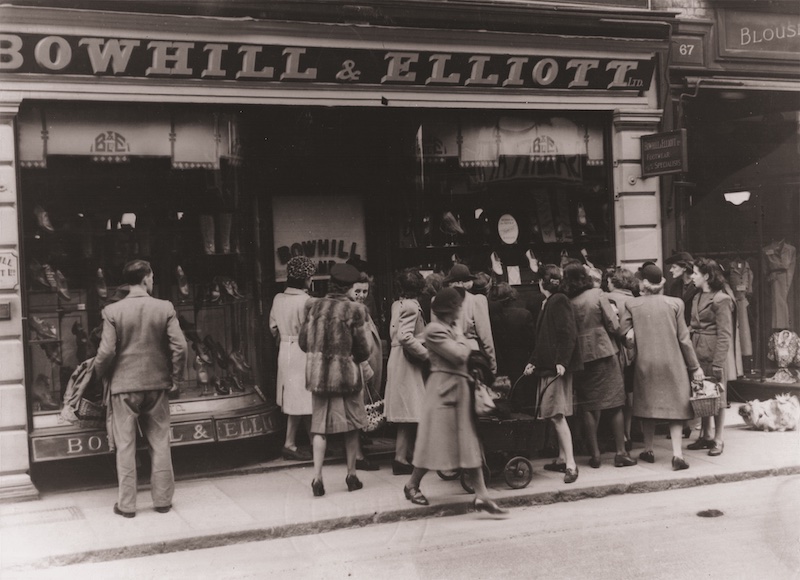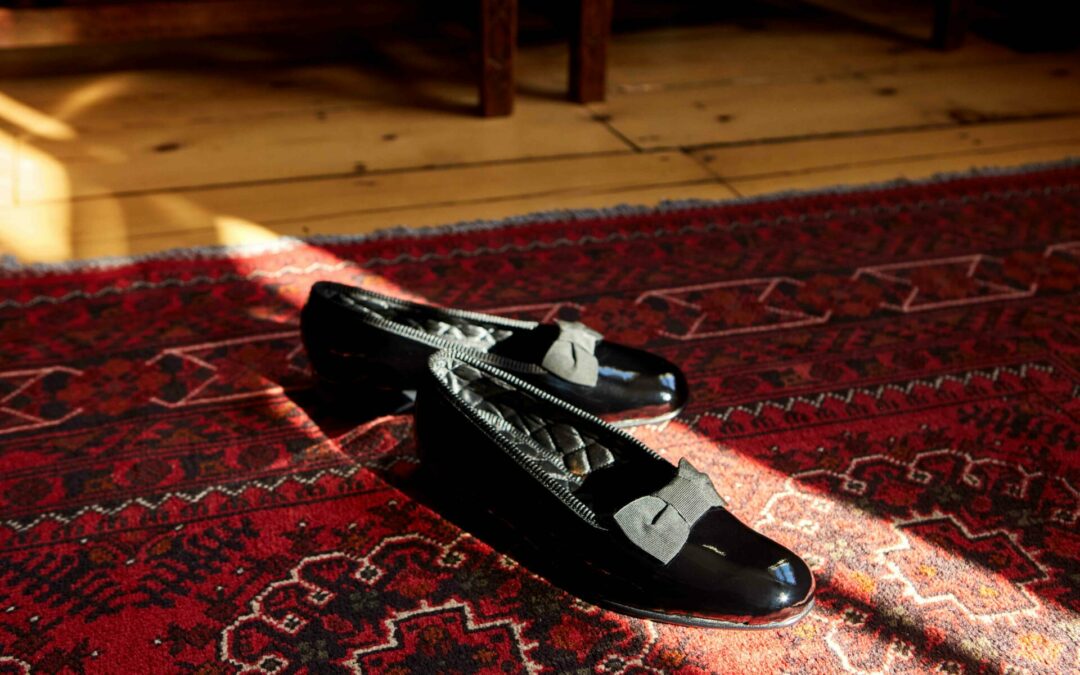That’s right, we are renaming it, are you in?

The first Black Friday was dated 24th September 1869. Jim Fisk and Jay Gould’s plan of buying large sums of US gold, in the hope the price would soar, dramatically failed, leaving many of the Wall Street moguls bankrupt overnight, and earning the tagline of Black Friday. Today’s practices walk a similar risky path don’t you think?

Fast forward to the 1980s and Black Friday became the term to describe the day retailers first enter into the black (profit) and the one-off celebration was born. The theory goes that all the weeks and months leading up to Thanksgiving pay for rent, rates, stock and wages. Only after the big mass spending for the festivities do companies then operate at full profit for the remainder of the calendar year. Black Friday fever then spread to England with Amazon first introducing the concept in 2010, by 2016 most big electrical retailers had been bitten, in blind hope of competing with the online superstores dominating the sector. It was no surprise to see the hordes queuing for that new TV that nobody needs, advertised as a massive saving that can’t be missed, creating a hotbed of crazed shoppers fighting over items and even becoming very un-British in eschewing the unwritten rule of polite queuing!Now in November 2019, I see nearly every retailer on the high street chasing that quick cash injection, running scared of missing out and not being able to compete.
Black Friday 2019 has expanded further; first a four-day weekend with the addition of Cyber Monday (the largest day for money spent online), to Black Friday week, while others promote Black November, where you can be bamboozled for the full thirty days! This all sounds like utopia for the modern day consumer; Christmas has come early – literally. So why am I writing this post in defiance to this phenomenon, and more importantly why have I fought against it my whole retail career?
Firstly it is completely unsustainable. If you are trading with an honest margin (I will touch on inflated prices later) and you slash your profit on items in the lead up to Christmas, then how can you stay afloat in this tough retail environment? Yes, Black Friday will clear the decks of stock, and go towards your cash flow, but if you buy something for £100 only to resell it for £100 your initial turnover may look impressive, but you’ve made no money… zero, nada, and you’ve still had to pay all the costs in running a business for the pleasure. How can this be a sustainable strategy? Secondly, when all the companies report record takings over this fictitious period, they forget to mention how their customers hold off from purchasing weeks in advance hoping for the better deal. Or how the period between Black Friday and Christmas is then affected; why would anyone still be shopping for presents? Surely we have all crossed everything off our Christmas list and at half the price.
This now puts pressure on the Winter Sale, as the same old stock comes back to the fore, but as it was already discounted in November, now it has to be even more aggressively reduced to be seen as a deal, resulting in selling product for less than cost. If you went to your bank manager and proposed your new genius idea of selling items for less than you paid for them and asked for a loan, they would laugh you out of the room. All this madness has led to a predictable outcome: shops and businesses closing at an alarming rate, to be replaced by bookmakers and chicken shops, who have yet to participate in Black Friday, but I expect even that to change in the coming years.
The alternative strategy to counter this is quite simple, to exaggerate the price of the item, working on an immoral margin. This means for the few who purchase at full price you get overwhelming returns, and when Black Friday pops up, you can reduce it to the expected RRP, and sell it to the masses as the sale of the century, leaving the Winter sale as the traditional selling period to clear the little that is left on the shelves. Many would argue that this is an impressive way to retail, as you maximise every customer, and keep profit margins high. This, again, is a short sighted movement, as with information so easily available to customers you will soon get caught out, and once you lose your integrity your customer base will never forgive you.

This brings me perfectly to Bowhill & Elliott’s position on the matter. Established in 1874 and offering the finest footwear over two retail floors, complemented by an on-site micro-factory where we make the finest velvet slippers by hand, we have survived and thrived through far more testing times than the current retail environment, and all by working on an honest margin, and certainly not by adopting sale cultures that devalue our exclusive product range, stocking the likes of Crockett & Jones, Cheaney and Heschung. This allows our clients to purchase all through the month without the nasty surprise of a discount days later. Yes, we will be offering a Winter sale after Christmas, but all stock intended for the sale will be removed from the shop floor before December, again to give confidence, and to breed the loyalty associated with a genuine heritage brand.
So I will end as the title suggests, here at 65 London Street, we’ll be adopting Black ‘Tie’ Friday and hope you join us. We want you to actually enjoy spending your hard earned money, so for Black Friday 2019, Bowhill & Elliott will be dressed to impress in our best evening attire to compliment the velvet slippers we proudly manufacture on site. We invite you to break away from the madness outside, enter our little world of experience-led retail and enjoy locally sourced Whisky and Gin, compliments of the house.
I hope to see you for a dram or two.
Marc Debieux

